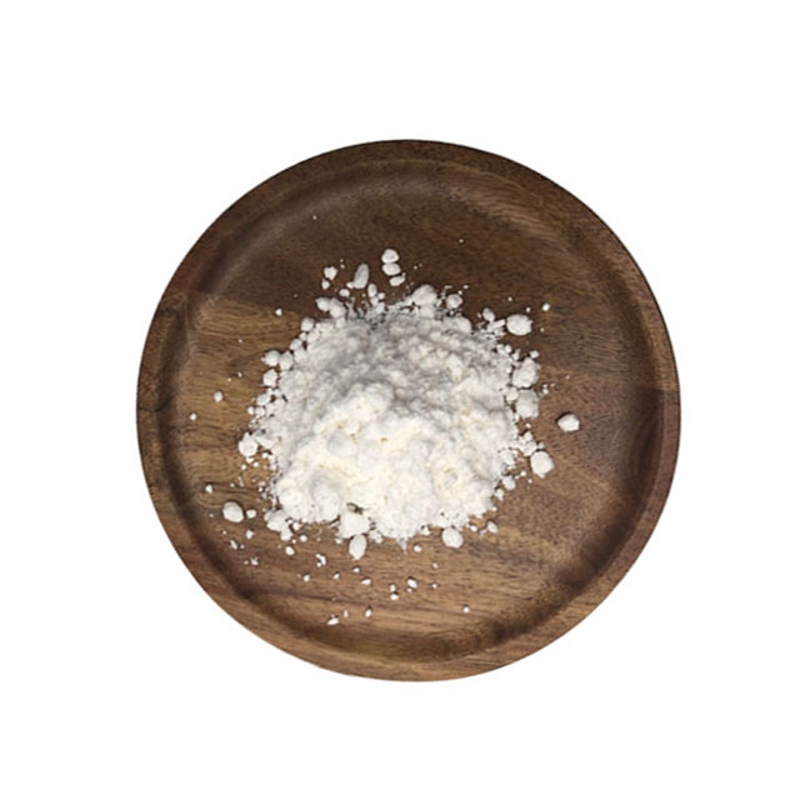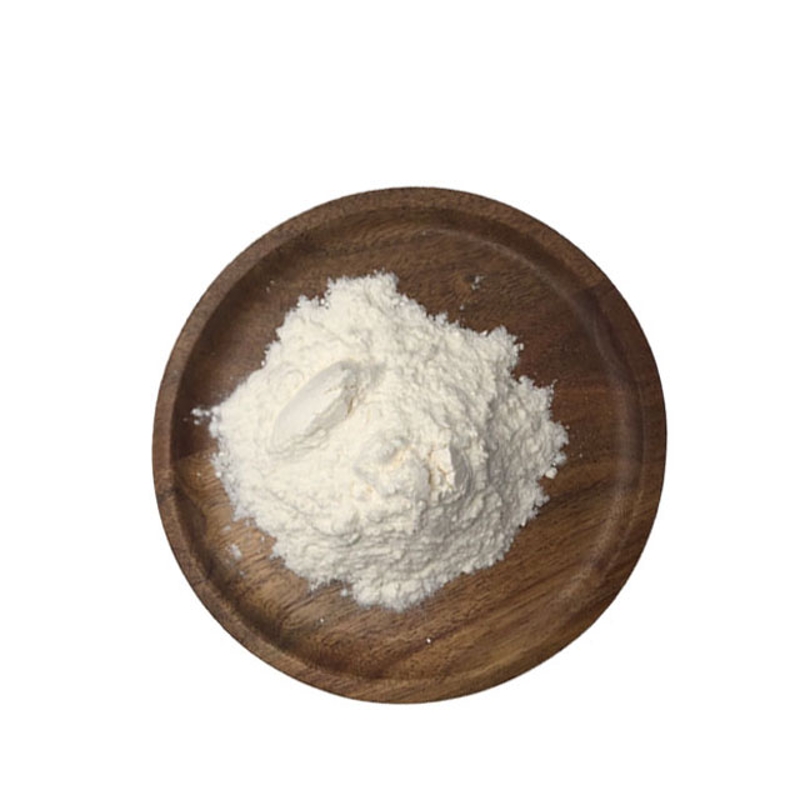-
Categories
-
Pharmaceutical Intermediates
-
Active Pharmaceutical Ingredients
-
Food Additives
- Industrial Coatings
- Agrochemicals
- Dyes and Pigments
- Surfactant
- Flavors and Fragrances
- Chemical Reagents
- Catalyst and Auxiliary
- Natural Products
- Inorganic Chemistry
-
Organic Chemistry
-
Biochemical Engineering
- Analytical Chemistry
- Cosmetic Ingredient
-
Pharmaceutical Intermediates
Promotion
ECHEMI Mall
Wholesale
Weekly Price
Exhibition
News
-
Trade Service
The 2022 European Society for Internal Oncology (ESMO) Annual Meeting was held
in Paris from September 9 to 13 local time.
As the world's first approved PARP inhibitor, Olapari has undoubtedly brought a new dawn
to the treatment of ovarian cancer.
Xiaobian sorted out some of the relevant research at this year's ESMO conference, let's take a look at ~
529MO
Results of the final total survival analysis of the Phase II MEDIOLA study: Olapalli and dulvalizumab with or without bevacizumab in the treatment of non-embryonic BRCA-mutant platinum-sensitive patients with recurrent ovarian cancer
background
The MEDIOLA study (NCT02734004) evaluated the efficacy and safety
of olapari and dravirizumab (O+D cohort) and O+D+bevacizumab (O+D+B cohort) in patients with platinum-sensitive platinum-sensitive recurrent ovarian cancer (PSR OC) with non-germline BRCA mutation (non-gBRCAm).
Previous efficacy data showed that median progression-free survival (PFS) (95% CI) for O+D and O+D+B treatments was 5.
5 (3.
6 to 7.
5) and 14.
7 (10.
0 to 18.
1) months
, respectively.
At the ESMO conference, the researchers reported a final analysis
of 56-week overall survival (OS) and disease control rate (DCR) in groups O+D and O+D+B.
method
Patients with non-gBRCAm PSR OC received first- and second-line platinum-containing chemotherapy
.
Patients received O (300 mg, bid) and D (1.
5 g, IV, q4 w), B (10 mg / kg, IV, q2w; O+D+B cohorts) until disease progression
.
Survival follow-up is performed at the time of cessation of treatment, monthly for 4 months, and every 2-3 months thereafter
.
Secondary study endpoints were OS and DCR
at 56 weeks.
outcome
32 patients received O+D treatment and 31 patients received O+D+B treatment; 24/32 (75%) patients with O+D and 20/31 (65%) patients with O+D+B had previously received first-line chemotherapy
.
At data as of September 17, 2021, the median follow-up time for OS was 23.
2 months in group O+D and 31.
9 months in
group O+D+B.
Kaplane-Meier estimated the median OS (95% CI) to be 26.
1 months (18.
7 - non-calculable [NC]) in group O+D and 31.
9 months (22.
1-NC)
in group O+D+B.
The survival rates (95% CI) in the O+D and O+D+B groups were 77.
6% (58.
6-88.
6) and 96.
8% (79.
2-99.
5) at 12 months, respectively, and 50.
8% (32.
1-66.
8) and 64.
5% (45.
2-78.
5)
at 24 months, respectively.
At 56 weeks, DCR (90% CI) was 9.
4% (2.
6-22.
5) in O+D group and 38.
7% (24.
1-55.
0)
in O+D+B group.
conclusion
Based on the final OS and DCR data reported at 56 weeks, the efficacy of O+D+B in patients with non-gBRCAm PSR OC can be expected
.
The security of O+D and O+D+B is consistent with expectations; No new safety signals emerged during longer follow-up visits
.
531P
Final Total Survival (OS) Results of the OPINION study: Olaparlí monotherapy for platinum-sensitive recurrent ovarian cancer (PSR OC) patients with non-germline BRCA1/BRCA2 mutations (non-gBRCAm).
background
A single-arm phase IIIb OPINION study (NCT03402841) suggests that median progression-free survival (PFS) for olapari maintenance therapy is 9.
2 months
in patients with non-gBRCAm PSR OC.
At the ESMO conference, researchers reported on the final OS and updated security data
.
method
The study enrolled patients with non-gBRCAm PSR OC who had previously undergone ≥2-line platinum-containing chemotherapy (PBC) with
complete or partial remission.
Patients receive olaparil maintenance therapy (300 mg, bid) until progression/toxicity intolerance
.
The secondary study endpoint was OS
.
Special subgroup analyses included OS
in patients with homologous recombination defects (HRD) and somatic BRCA mutations (sBRCAm).
outcome
A total of 279 patients were enrolled and treated with olaparil (median [range] age: 65 [40-85] years); 253 patients (90.
7%) retrospectively confirmed non-gBRCAm
.
Data as of data cut-off (September 17, 2021), 46 patients (16.
5%) are still receiving treatment; The main reason for discontinuation was disease progression (n=196; 70.
3%)
.
Overall, a total of 146 patients died (52.
3% data maturity); The median follow-up time for patients after deletion was 33.
1 months
.
median OS was 32.
7 months (95% CI, 29.
5-35.
3); The 24-month and 30-month OS rates analyzed by Kaplane-Meier were 65.
8% and 54.
9%,
respectively.
The median total duration of treatment was 9.
6 months, with 82 patients (29.
4%) having ≥ grade 3 treatment emergency adverse events (TEAE) and 58 patients (20.
8%) having severe TEAE
.
TEE resulted in dose interruption and reduction in 139 (49.
8%) and 65 (23.
3%) patients, respectively; TEAE resulted in the discontinuation of olaparil
in 23 patients (8.
2%).
Myelodysplastic syndrome developed in 2 patients and there have been no new cases
since the initial analysis.
No new safety signals are found
.
conclusion
The updated OS and safety data from this OPINION study further support the efficacy
of olaparide maintenance in patients with non-gBRCAm PSR OC.
References:
1.
S.
Banerjee, M.
Imbimbo, P.
Roxburgh, et al.
Phase II study of olaparib plus durvalumab with or without bevacizumab (MEDIOLA): Final analysis of overall survival in patients with non-germline BRCA-mutated platinum-sensitive relapsed ovarian cancer.
Abstract 529MO.
Annals of Oncology (2022) 33 (suppl_7): S235-S282.
10.
1016/annonc/annonc1054
2.
A.
M.
Poveda Velasco, S.
Lheureux, N.
Colombo, et al.
Maintenance olaparib monotherapy in patients (pts) with platinum-sensitive relapsed ovarian cancer (PSR OC) without a germline BRCA1/BRCA2 mutation (non-gBRCAm): Final overall survival (OS ) results from the OPINION trial.
Abstract 531P.
Annals of Oncology (2022) 33 (suppl_7): S235-S282.
10.
1016/annonc/annonc1054
Editor: Uni
Typography: Uni
Execution: Uni







